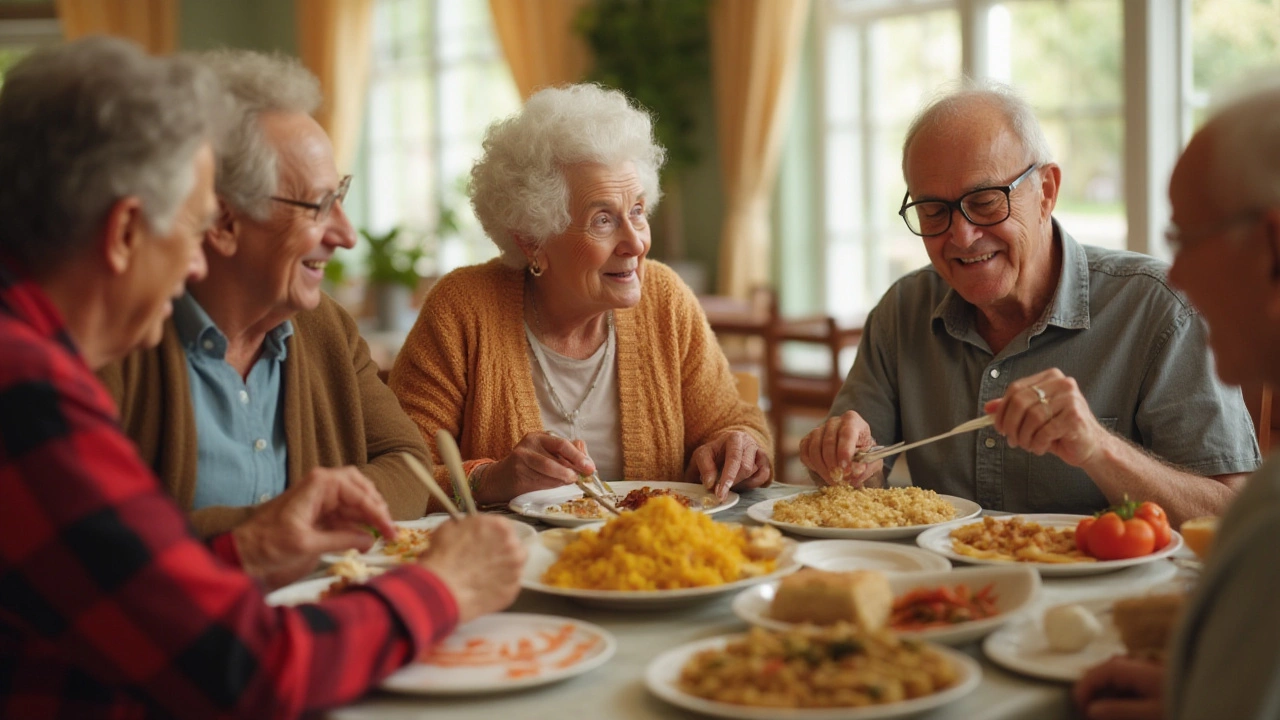Virginia Food Assistance – Quick Guide to Getting Help Now
If you’re in Virginia and need food, you don’t have to figure it out alone. State and local groups run food banks, soup kitchens, and pantry programs that are ready to help. Below you’ll find practical steps to locate free meals, get pantry boxes, and connect with extra services that make life easier.
Where to Find Food Banks and Pantries
Start with the nearest food bank. Most counties list a main distribution center on their website, and many have satellite sites in churches or community centers. Call the center and ask about drop‑off times, eligibility, and what documents you need. If you’re not sure where to call, dial 211 – the free hotline that links you to local resources.
Richmond, for example, runs several well‑stocked pantries. The city’s Department of Human Services partners with local nonprofits to offer weekly pantry visits. You can also walk into the Richmond Food Bank or its partner locations without an appointment in many cases.
Don’t forget school‑based programs if you have kids. Many schools in Virginia run after‑school snack programs that provide a healthy bite for free. Check your child’s school website or ask the counselor about “Free and Reduced Lunch” and snack distributions.
Additional Support for Families & Individuals
Food help often comes with other services. If you’re staying in a homeless shelter in Richmond, the shelter usually offers meals and can point you to nearby pantries. A recent article on “Where Do Homeless People Stay in Richmond, VA?” highlights shelters that also run emergency kitchen nights.
Community outreach groups also run mobile food trucks that visit neighborhoods on set days. Sign up for their newsletters or follow local NGOs on social media to get the schedule. The same groups may have volunteer‑run meal programs for seniors or people with disabilities.
If transportation is a barrier, look for “delivery pantries.” Some charities deliver a box of staples to your door once a month. The Virginia Department of Social Services maintains a list of these services – just give them a call.
Finally, keep an eye on local events. Many churches host free meal nights or holiday food drives. These events are open to anyone, no paperwork required, and they’re a good way to meet people who know about other help in the area.
Bottom line: you have options, and the process is simple. Call 211, check your county’s website, and talk to shelter staff or school counselors. One phone call can get you a pantry box, a hot meal, or a delivery plan. Don’t wait – reach out today and get the food you need.
Discover Virginia's Senior Food Programs: Essential Support for Seniors
Virginia offers a variety of senior food programs aimed at addressing the nutritional needs of the elderly community. These programs focus on providing healthy and balanced meals to ensure seniors maintain good health. From organized food banks to home delivery services, eligible participants receive essential nutrition without the burden of sourcing it themselves. Understanding the eligibility criteria and application process can help more seniors benefit from these initiatives. With community support, these programs continue to thrive, promoting both health and social interaction among seniors.
Read More